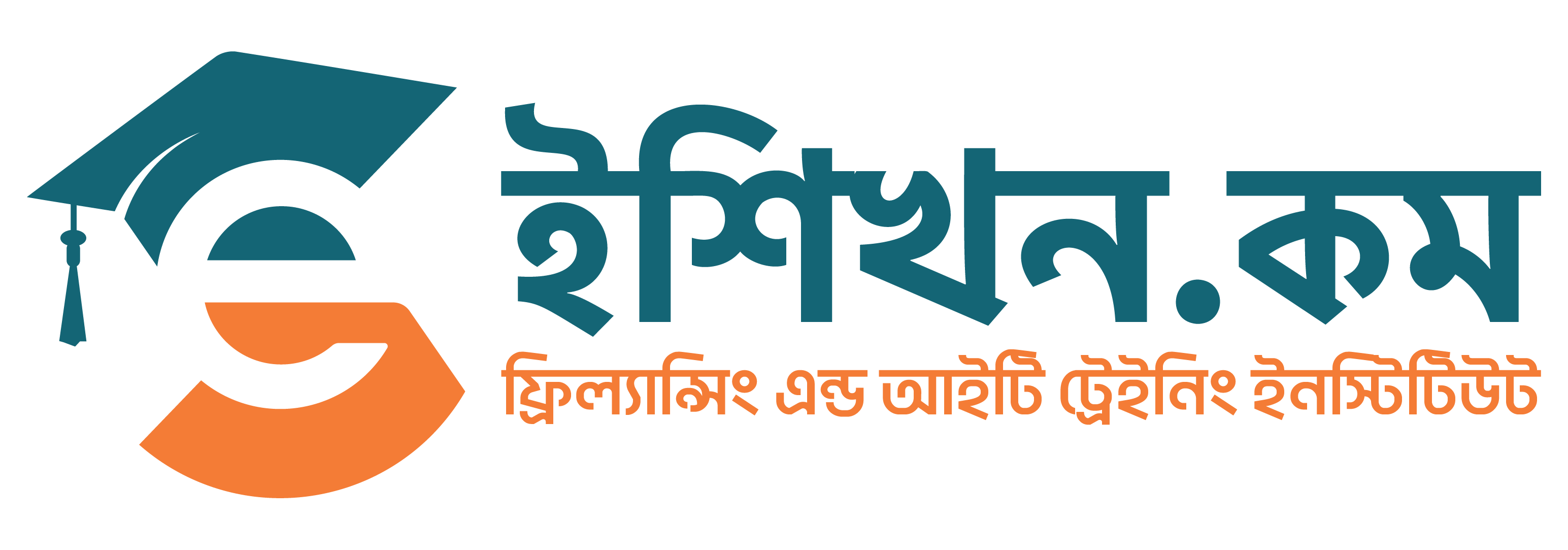Cybercriminals operating with impunity
শাস্তি না পাওয়ায় সাইবার অপরাধীরা অপরাধ করেই যাচ্ছে।
Bangladesh worst affected
বাংলাদেশ আক্রান্ত দেশসমূহের মধ্যে সবচেয়ে খারাপ অবস্থানে রয়েছে ।
. .
.
The recent siphoning off of US$101 million from Bangladesh Bank (BB) by international cyber criminals has brought to the limelight the security unpreparedness of Bangladeshi institutions and end users alike.
সম্প্রতি বাংলাদেশ ব্যাংকের ১০১মিলিয়ন মার্কিন ডলার আন্তর্জাতিক সাইবার অপরাধীদের দ্বারা চুরি হওয়ায় বাংলাদেশি প্রতিষ্ঠান সমূহের এবং প্রান্তিক ব্যবহারকারীদের নিরাপত্তা ব্যবস্থার দুর্বলতা সবার নজরে আসে।
As per a Reuters report, we understand that a criminal gang of international cyber hackers have stolen about $1 billion from 100 financial institutions over the last two years.
রয়টারের প্রতিবেদন থেকে আমরা জানতে পেরেছি গত দুই বছরে আন্তর্জাতিক সাইবার হ্যাকারদের একটি অপরাধী দল ১০০ আর্থিক প্রতিষ্ঠান থেকে প্রায় ১বিলিয়ন মার্কিন ডলার চুরি করে নিয়েছে।
While financial institutions such as BB has the resources to combat these attacks , we are left to wonder how end users in Bangladesh, where about 22 percent of mobile users have faced one form of malware attack or another over the last one year – which according to Kaspersky data is the highest in the world – are going to protect themselves.
বাংলাদেশ ব্যাংকের মতো আর্থিক প্রতিষ্ঠানকেও যাদের যথেষ্ঠ লোকবল থাকারও পর এই আক্রমণকারীদের বিরুদ্ধে সংগ্রাম করতে হয় ,তাহলে বাংলাদেশের প্রান্তিক ভোক্তাদের কি হবে সে বিষয়ে আশ্চর্য না হয়ে পারছি না ; যেখানে ২২% মোবাইল ব্যবহার কারী একধরণের ম্যালওয়ারের আক্রমণের শিকার হয় এবং ক্যাসপারস্কির অন্য একটি তথ্য মতে গত এক বছরে নিজেদের রক্ষাকরার জন্য এ্যান্টিভাইরাস ব্যবহার কারীদের মধ্যে বিশ্বে সর্বোচ্চ ।
.
Looking beyond internet-enabled mobile usage in the country, we also find an increasing tendency of such criminals to attempt to infect computers to steal money via online access to banks.
দেশে ইন্টারনেট ব্যবহার সক্ষম মোবাইল ছাড়াও আমরা দেখতে পাই এইসব অপরাধীদের অনলাইনের মাধ্যমে ব্যাংক থেকে টাকা চুরি করার জন্য কম্পিউটারসমূহকে আক্রান্ত করার প্রবণতার মাত্রা বৃদ্ধি পাচ্ছে।
While the bulk of users in the country use one form of anti-virus software on their computers, the fact is that a large percentage of consumers now use their smart phones for their computing needs.
যেখানে দেশে একটি বিশাল অঙ্কের ইন্টারনেট ব্যবহারকারী তাদের কম্পিউটারে এক ধরণের অ্যান্টি -ভাইরাস সফটওয়ার ব্যবহার করেন , আসল কথা হল ভোক্তাদের মধ্যে একটি বড় অংশ এখন কম্পিটার দ্বারা করা যায় এমন কাজ তাদের স্মার্ট ফোন দিয়ে করে।
.
There is a greater need also to educate the public about the “dos and don’ts” of internet usage.
ইন্টারনেট ব্যবহারে কি করতে হবে এবং কি করতে হবে না সে বিষয়ে জনগণকে সচেতন করাও অতন্ত্য জরুরী ।
End users or customers do need and should be getting the security they deserve for online transactions from the service providers themselves, in this case, financial institutions.
এইক্ষেত্রে ,প্রান্তিক ব্যবহারকারী ও ভোক্তাদের আর্থিক প্রতিষ্ঠানসমূহ তথা সেবা প্রদানকারী প্রতিষ্ঠান সমূহ থেকে অনলাইনে লেনদেনের জন্য তাদের প্রাপ্য নিরাপত্তা জরুরী এবং তাদের সেটা পাওয়া উচিত বলে আমরা মনে করি।
.
We hope authorities will prioritise drafting policies that will make it mandatory for financial institutions to initiate end-to-end secure and encrypted communication to safeguard clients’ information that will foil future malware attacks.
আমরা আশা করি কর্তৃপক্ষএই বিষয়ে নীতি প্রণয়নে অগ্রাধিকার দিবে যেটি ভোক্তাদের নিরাপত্তা নিশ্চিতকরণে উদ্যোগ গ্রহণ করতেএবং ভোক্তাদের তথ্য সমূহ যাতে ভবিষ্যতে ম্যালওয়্যারের শিকার না হয় সেজন্য গোপনীয় যোগযোগ ব্যবস্থা চালুকরণে উদ্যোগ গ্রহণ করতে আর্থিক প্রতিষ্ঠানসমূহকে বাধ্য করবে । ।
